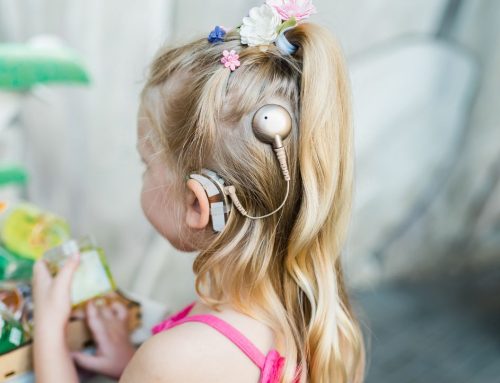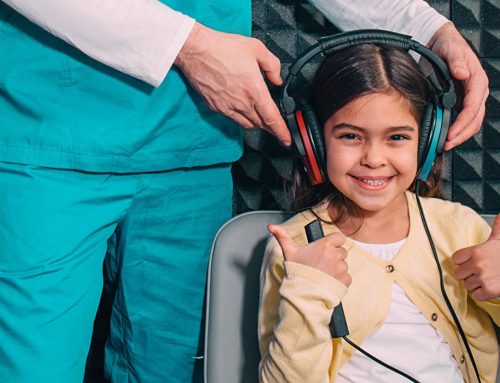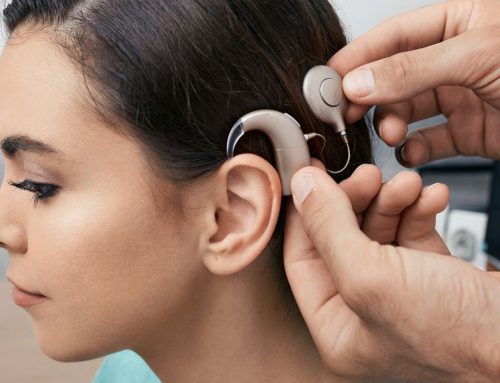If you’ve ever wondered, “Why does my toddler snore?” you’re not alone. This guide explores common reasons behind snoring in children, potential health implications, and helpful solutions. Read on to understand more about sleep-disordered breathing in toddlers and steps to help your child get a good night’s sleep.
Key Takeaways
- Toddler snoring is often caused by narrowed airways due to enlarged tonsils, adenoids, nasal congestion, or certain sleep positions.
- Persistent, loud snoring, especially with symptoms like mouth breathing and daytime tiredness, may indicate obstructive sleep apnea and benefit from medical evaluation.
- Solutions may include addressing nasal congestion, adjusting sleep positions, or considering surgical options for severe cases involving enlarged tonsils or adenoids.
Common Causes of Toddler Snoring
Snoring in children can occur due to a narrowed upper airway, frequently because of enlarged tonsils and adenoids. These tissues can obstruct airflow, leading to the distinctive snoring sound during sleep. Other structural features, such as a deviated septum or small jaw, may also contribute to snoring.
Nasal Congestion and Seasonal Allergies
Many children experience snoring due to nasal congestion from colds, allergies, or sinus issues. During seasonal allergy spikes, nasal passages may become inflamed, restricting airflow and causing snoring.
Frequent causes of congestion include:
- Allergies and asthma
- Respiratory infections (colds, sinusitis)
- Structural issues (e.g., deviated septum)
Addressing your child’s nasal congestion can improve breathing and sleep quality. Over-the-counter remedies, such as saline sprays, may help relieve congestion. Humidifiers can also be beneficial in reducing nighttime dryness and supporting uninterrupted sleep.
Enlarged Tonsils and Adenoids
Enlarged tonsils and adenoids are a significant cause of obstructive sleep in children. These enlarged tissues can partially block the airway, leading to loud snoring and, in some cases, obstructive sleep apnea.
Signs of enlarged tonsils or adenoids include:
- Mouth breathing
- Restless sleep
- Frequent awakenings during the night
In severe cases, surgery may be recommended to remove tonsils or adenoids to open the airway, allowing better airflow and improving overall sleep quality.
Identifying Problematic Snoring
While occasional snoring may be harmless, consistent snoring accompanied by other symptoms could indicate a sleep disorder like obstructive sleep apnea. Watch for:
- Persistent, loud snoring
- Mouth breathing during sleep
- Daytime symptoms such as fatigue or hyperactivity
- Interrupted breathing patterns, such as long pauses or gasping
Other signs include bedwetting, frequent nighttime awakenings, and behavioral problems, which can often stem from poor sleep quality. If you notice these patterns, consult with a pediatric ENT specialist for further evaluation. An overnight sleep study may help determine if your child has obstructive sleep apnea and identify the best course of action.
Environmental and Lifestyle Factors
Your child’s environment can play a role in their snoring. Exposure to secondhand smoke, allergens, or dust in the home can worsen nasal congestion and lead to more frequent snoring episodes.
Tips for improving the sleep environment:
- Ensure a smoke-free environment
- Keep the bedroom free from allergens, dust, and pet dander
- Use air purifiers or humidifiers to maintain air quality
Creating a clean and allergen-free sleep space supports healthy breathing patterns and can reduce snoring.
When to Seek Medical Advice
If your toddler’s snoring is consistent and disruptive, consider seeking advice from a pediatric ENT specialist. They can assess for enlarged tonsils, adenoids, or other physical health concerns contributing to snoring.
Consult a pediatric expert if you notice:
- Persistent loud snoring and mouth breathing
- Restless sleep and difficulty waking in the morning
- Signs of sleep apnea, like gasping or choking sounds
These signs may warrant a comprehensive physical exam to identify any underlying issues, such as obstructive sleep apnea or other sleep disorders.
Treatment Options for Toddler Snoring
Various treatment options are available based on the underlying cause of snoring. For toddlers with enlarged tonsils or adenoids contributing to sleep apnea, a pediatric ENT may recommend surgery to help relieve airway blockage.
- Treatment options include:
- Tonsillectomy or adenoidectomy (removal of tonsils/adenoids)
- Continuous Positive Airway Pressure (CPAP) for children with obstructive sleep apnea
- Allergy management or nasal decongestants (if allergies contribute to snoring)
Making lifestyle adjustments, such as promoting side-sleeping over back-sleeping, can also help alleviate snoring in children. This simple shift in sleep position can prevent the tongue and soft palate from obstructing the airway.
Tips for Improving Your Toddler’s Sleep Quality
A good night’s sleep is essential for overall health and well-being, especially for growing toddlers. Consider implementing these bedtime habits to improve your child’s sleep quality:
- Create a calming pre-bedtime routine: Reading a book or listening to soft music can signal it’s time to wind down.
- Maintain a regular sleep schedule: Consistent bedtimes help establish healthy sleep habits.
- Provide a comforting sleep environment: Give your child a favorite stuffed animal or blanket to help them feel secure.
- Limit nighttime disturbances: Avoid checking in too frequently after bedtime to encourage self-soothing and independence.
By supporting healthy sleep habits, you can help reduce your child’s snoring and improve their overall sleep quality.
Summary
Understanding the causes and solutions for toddler snoring is vital for ensuring your child’s physical health and sleep quality. By addressing issues such as nasal congestion and sleep positioning, you can significantly enhance your child’s nighttime breathing.
At Pediatric Ear, Nose, and Throat of Atlanta, P.C., we specialize in diagnosing and treating snoring-related issues in children. Our experts provide comprehensive care for conditions like enlarged tonsils and adenoids. Visit our pediatric ear, nose, and throat in Atlanta to learn more about how we can help your child achieve a restful night’s sleep. Contact us today to schedule a consultation and discover the best solutions for your child’s snoring concerns.
Frequently Asked Questions
What are the common treatments for toddler snoring caused by enlarged tonsils or adenoids?
Common treatments include tonsillectomy and adenoidectomy, which open the airway and improve sleep quality for children experiencing obstructive sleep issues. A consultation at our clinic can help determine if this option is right for your child.
How can nasal congestion be treated to reduce snoring in children?
Using saline nasal sprays and humidifiers and managing allergens can alleviate nasal congestion. Pediatric Ear, Nose, and Throat of Atlanta, P.C. offers guidance on managing allergy-related snoring symptoms.
What environmental factors can contribute to my child’s snoring?
Environmental factors, such as exposure to secondhand smoke and allergens, can increase snoring frequency. A smoke-free, allergen-reduced sleep environment can improve breathing patterns and reduce snoring.











